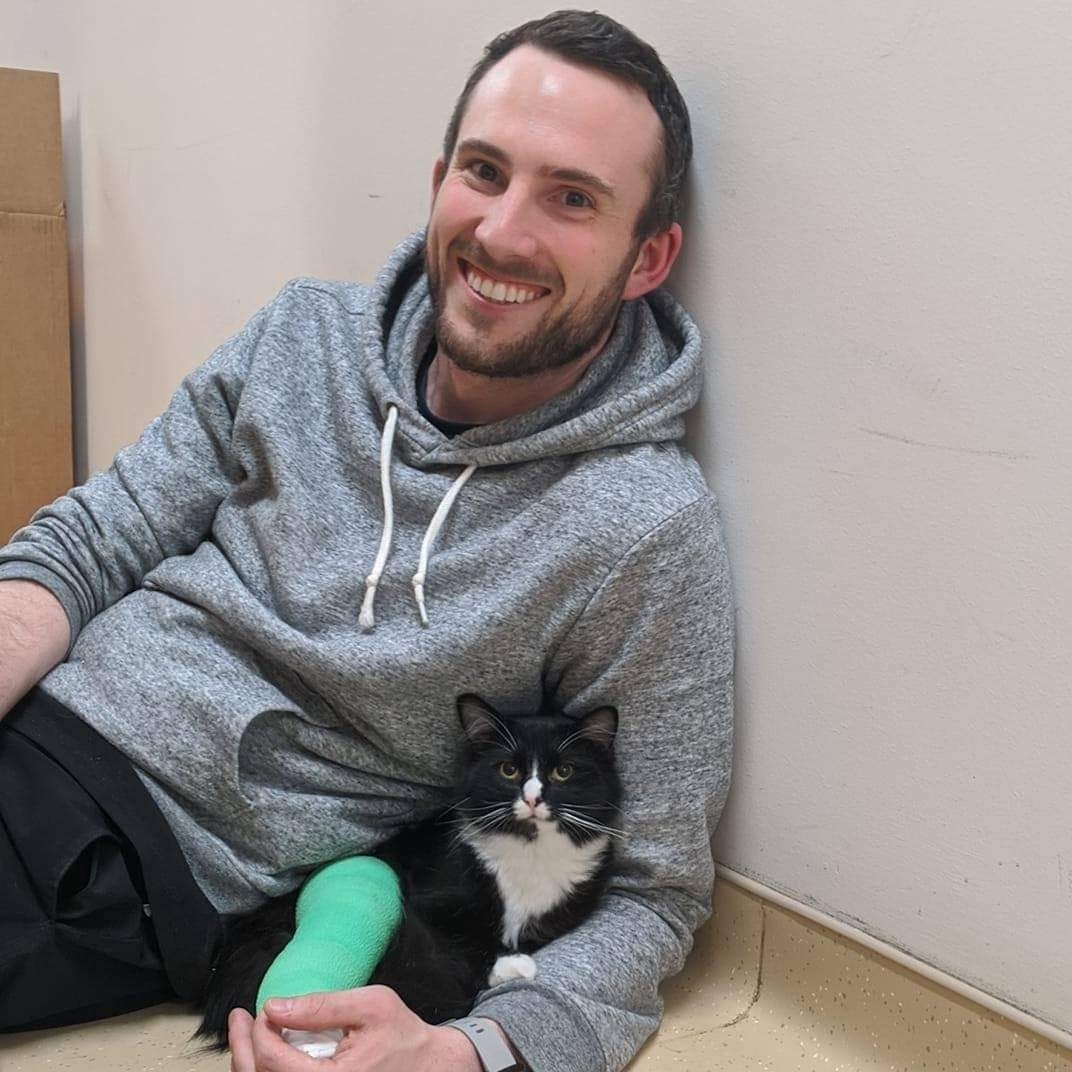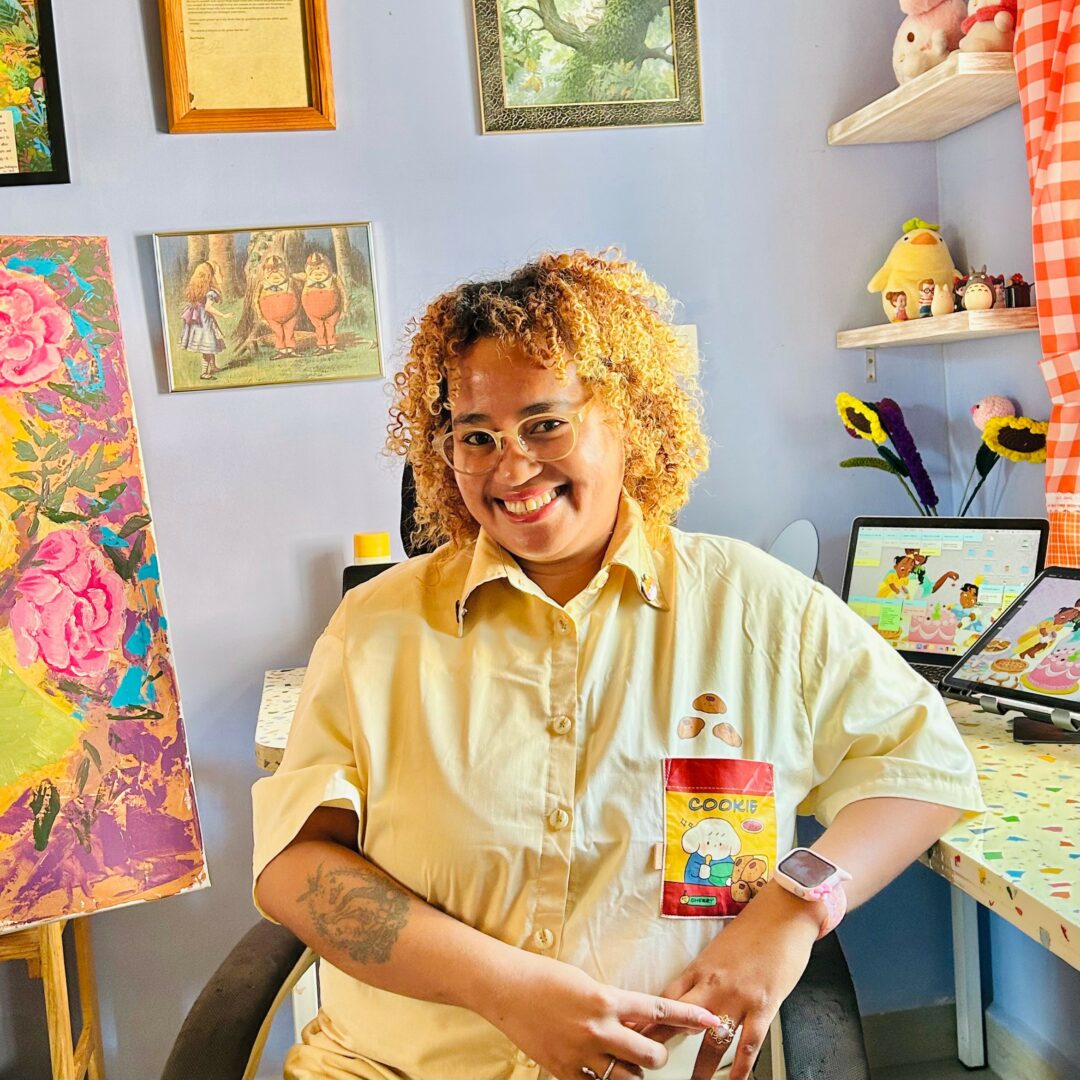We were lucky to catch up with Brian Goleman CVT recently and have shared our conversation below.
Brian, first a big thank you for taking the time to share your thoughts and insights with us today. I’m sure many of our readers will benefit from your wisdom, and one of the areas where we think your insight might be most helpful is related to imposter syndrome. Imposter syndrome is holding so many people back from reaching their true and highest potential and so we’d love to hear about your journey and how you overcame imposter syndrome.
Overcoming imposter syndrome with Brian’s Bandages was a process, not an instant switch. In the beginning, I had doubts—wondering if I was really the right person to be teaching bandaging techniques. I didn’t go to school to be a vet tech; I became licensed through on-the-job training, so it was easy to feel like I didn’t belong in the same way as others who took the traditional route.
But I reminded myself why I started: to make bandaging more accessible, improve patient care, and give vet teams practical skills they could use immediately. What really helped was focusing on the impact rather than my own self-doubt. Every time someone messaged me saying my course helped them feel more confident or a clinic told me their bandaging skills improved, it reinforced that I was on the right path.
I also realized that expertise doesn’t mean knowing everything—it means continuously learning, sharing, and refining your craft. That’s why I keep growing Brian’s Bandages with new content, livestreams, and hands-on learning opportunities. Instead of waiting to feel like an expert, I embraced what I already knew and kept moving forward. In the end, I overcame imposter syndrome by doing the work, getting feedback, and realizing that what I teach does make a difference.
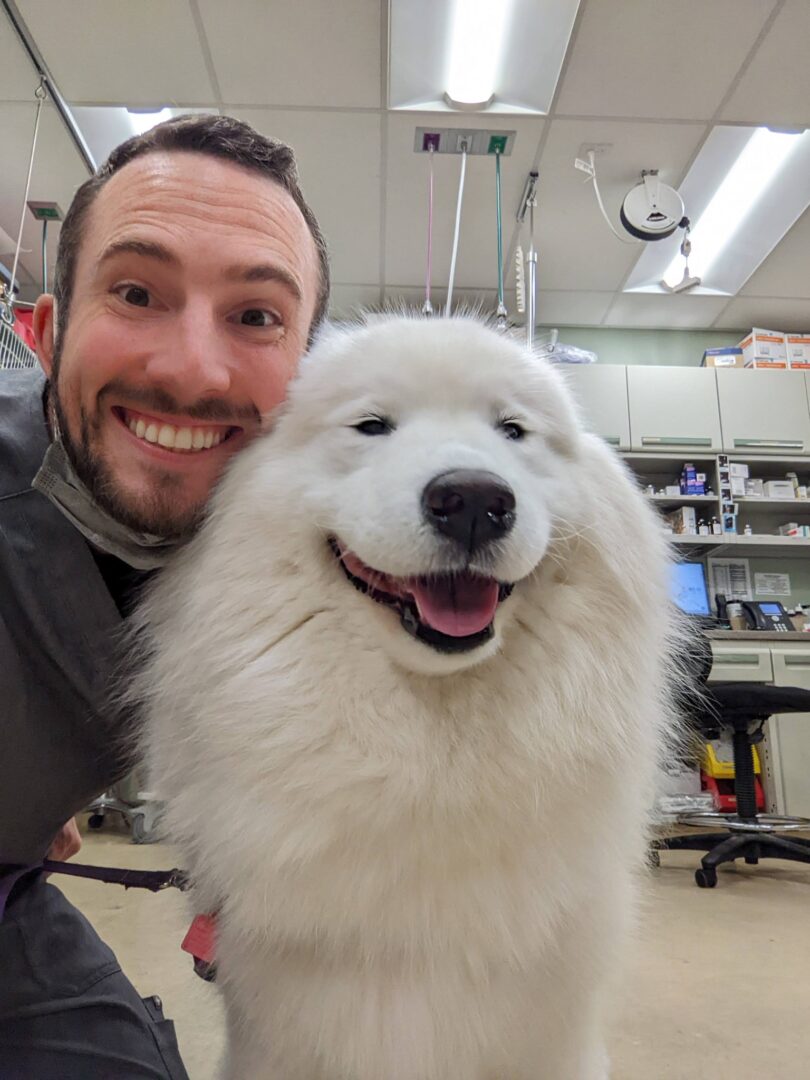
Let’s take a small detour – maybe you can share a bit about yourself before we dive back into some of the other questions we had for you?
I run Brian’s Bandages, an educational platform dedicated to teaching veterinary professionals the art and science of bandaging. What makes it special is that it’s all about practical, real-world skills—helping vet teams feel more confident in their bandaging techniques while improving patient care. Bandaging is often overlooked, but when done correctly, it can make a huge difference in healing, comfort, and even owner compliance.
One of the most exciting things about Brian’s Bandages is that it takes a hands-on, engaging approach. Whether it’s through my Bandaging 101 course, Patreon content, or my Bandage & a Beer livestreams, I love making learning accessible, fun, and immediately useful for veterinary teams.
Beyond education, I’ve expanded into creative projects that bring even more personality to bandaging. I wrote a children’s book, The Boy Who Bandages, which shares my love for animals and the power of care. I also create and sell bandage art patches, making bandages more fun and engaging for both pets and their owners. And soon, I’ll be releasing my own line of bandage scissors—designed with veterinary professionals in mind for precision and ease of use.
At the end of the day, my goal is simple: to help veterinary teams feel more confident in their bandages, reduce stress, and improve patient outcomes. Whether you’re a seasoned vet tech or just starting out, there’s always something new to learn in the world of bandaging!
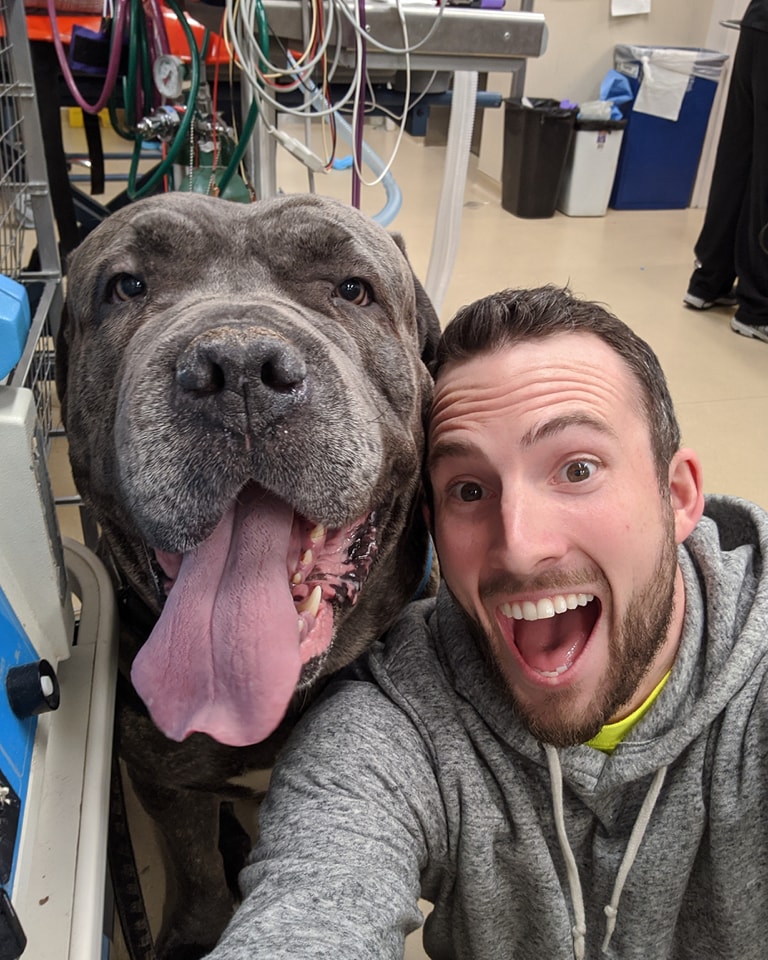
There is so much advice out there about all the different skills and qualities folks need to develop in order to succeed in today’s highly competitive environment and often it can feel overwhelming. So, if we had to break it down to just the three that matter most, which three skills or qualities would you focus on?
Looking back, three qualities that had the biggest impact on my journey were adaptability, communication, and a passion for learning.
Adaptability – The veterinary field is unpredictable, and being able to adjust to different cases, patients, and even career shifts has been crucial. I didn’t take the traditional school route to become a vet tech; I learned on the job. That experience taught me to embrace change and figure things out as I go. For those early in their journey, my advice is to stay open to new experiences and challenges—sometimes the best opportunities come when you step outside of your comfort zone.
Communication – Whether I’m teaching a clinic, writing a course, or creating bandage art, communication is at the heart of everything I do. Being able to explain techniques clearly and effectively makes all the difference in how well they’re understood and applied. If you’re just starting out, focus on developing your ability to teach and explain things to others—it’ll not only make you a better professional but also open doors to leadership and education roles.
Passion for Learning – The best veterinary professionals never stop learning. Even after years of experience, I’m still refining my techniques, researching new materials, and finding better ways to teach. My advice is to seek out continuing education, learn from different mentors, and always ask questions. Growth comes from curiosity and practice.
For anyone starting out, the key is to stay flexible, communicate well, and never stop learning. The veterinary field is tough, but if you lean into these skills, you’ll find your own unique path—just like I did with Brian’s Bandages.
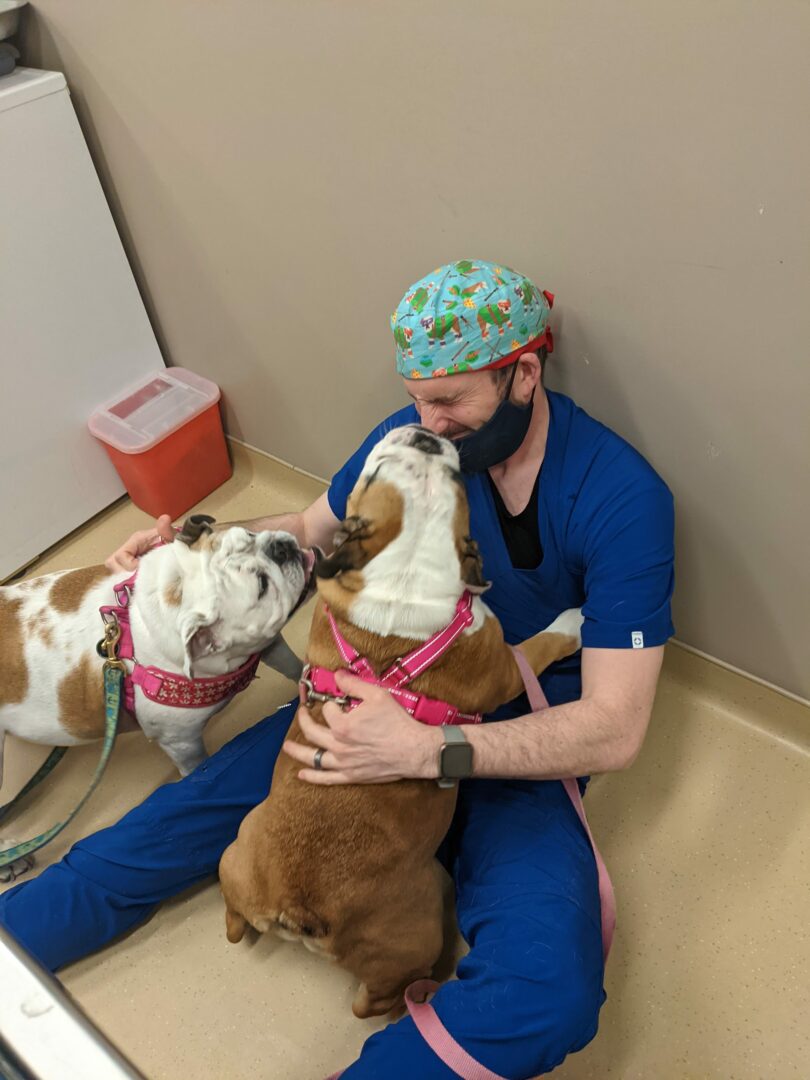
Any advice for folks feeling overwhelmed?
When I feel overwhelmed, I try to step back, take a deep breath, and focus on breaking things down into smaller, more manageable tasks. The feeling of being overwhelmed usually comes when I’m juggling a lot of things at once, so I prioritize and tackle the most urgent tasks first. Here are a few strategies I use:
Break it Down – I create a list of tasks, and instead of looking at the entire picture, I focus on one thing at a time. This helps reduce the feeling of having too much to do and gives me a sense of accomplishment as I check things off.
Set Realistic Goals – I set clear, achievable goals for myself each day. That might mean working on a single piece of content for Brian’s Bandages or tackling one admin task. Having a realistic goal keeps me from feeling like I need to do everything at once.
Take Short Breaks – When things get really heavy, I take short breaks. Even just stepping away for five minutes can help reset my mind and give me the energy to keep going. Whether it’s stretching, grabbing a coffee, or just breathing deeply, these quick breaks help prevent burnout.
Reach Out for Support – I’m lucky to have a great support system, whether it’s my family, pets, peers, or my community. If I’m feeling stuck, I don’t hesitate to ask for advice or help from others. Sometimes talking through a problem with someone else gives me new perspectives and helps me find solutions.
Practice Self-Compassion – Sometimes I remind myself that it’s okay to feel overwhelmed. I’m only human, and doing my best is enough. Self-compassion helps me get through tough times without being too hard on myself.
For anyone feeling overwhelmed, my advice is to take it one step at a time, remember that you don’t have to do everything at once, and don’t be afraid to ask for help when you need it. You’ve got this!
Contact Info:
- Website: https://www.briansbandages.com
- Instagram: @briansbandages
- Facebook: https://www.facebook.com/BriansBandages/
- Linkedin: https://www.linkedin.com/in/brian-goleman-cvt-founder-of-brian-s-bandages-83a000266
- Youtube: https://www.facebook.com/BriansBandages/
- Other: https://patreon.com/briansbandages
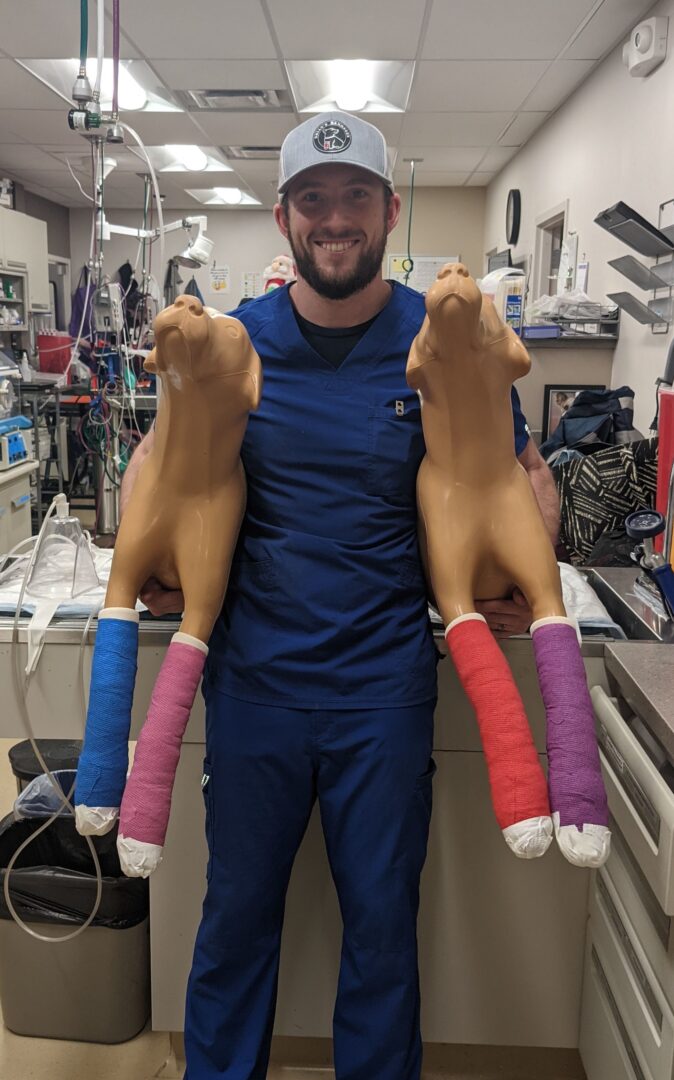
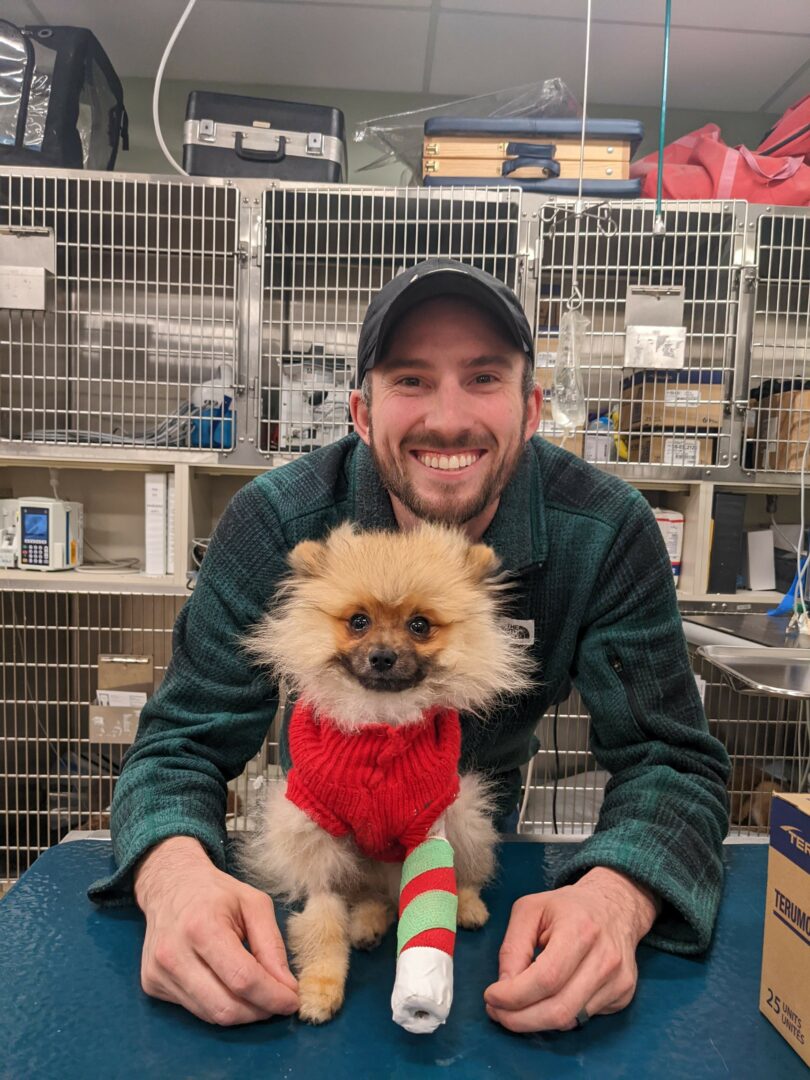
so if you or someone you know deserves recognition please let us know here.

